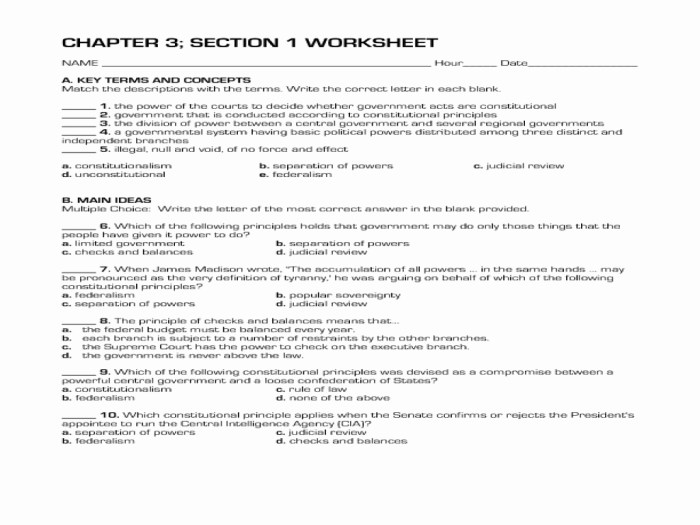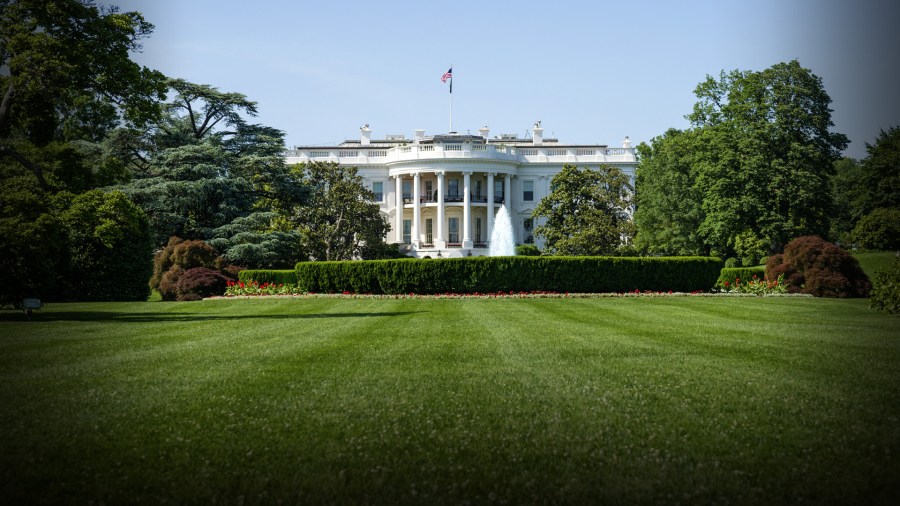Embark on an educational journey with our ultimate guide to the presidents worksheet answers, an invaluable resource that unveils the intricacies of US presidential history. Immerse yourself in the chronicles of each commander-in-chief, their accomplishments, and the pivotal events that shaped their presidencies.
Delve into the constitutional framework that empowers the president, exploring the evolution of their powers and the delicate balance of checks and balances. Discover the complexities of presidential leadership, examining the diverse approaches that have shaped the nation’s destiny. This comprehensive guide provides a panoramic view of the presidency, its challenges, and its profound impact on the American landscape.
1. Presidents of the United States: Ultimate Guide To The Presidents Worksheet Answers

The United States has had 46 presidents since its founding in 1789. The following table provides a chronological list of all US presidents, including their names, years in office, and political party affiliation.
| President | Years in Office | Political Party |
|---|---|---|
| George Washington | 1789-1797 | Independent |
| John Adams | 1797-1801 | Federalist |
| Thomas Jefferson | 1801-1809 | Democratic-Republican |
| James Madison | 1809-1817 | Democratic-Republican |
| James Monroe | 1817-1825 | Democratic-Republican |
| John Quincy Adams | 1825-1829 | Democratic-Republican |
| Andrew Jackson | 1829-1837 | Democrat |
| Martin Van Buren | 1837-1841 | Democrat |
| William Henry Harrison | 1841 | Whig |
| John Tyler | 1841-1845 | Whig |
| James K. Polk | 1845-1849 | Democrat |
| Zachary Taylor | 1849-1850 | Whig |
| Millard Fillmore | 1850-1853 | Whig |
| Franklin Pierce | 1853-1857 | Democrat |
| James Buchanan | 1857-1861 | Democrat |
| Abraham Lincoln | 1861-1865 | Republican |
| Andrew Johnson | 1865-1869 | Democrat |
| Ulysses S. Grant | 1869-1877 | Republican |
| Rutherford B. Hayes | 1877-1881 | Republican |
| James A. Garfield | 1881 | Republican |
| Chester A. Arthur | 1881-1885 | Republican |
| Grover Cleveland | 1885-1889 | Democrat |
| Benjamin Harrison | 1889-1893 | Republican |
| Grover Cleveland | 1893-1897 | Democrat |
| William McKinley | 1897-1901 | Republican |
| Theodore Roosevelt | 1901-1909 | Republican |
| William Howard Taft | 1909-1913 | Republican |
| Woodrow Wilson | 1913-1921 | Democrat |
| Warren G. Harding | 1921-1923 | Republican |
| Calvin Coolidge | 1923-1929 | Republican |
| Herbert Hoover | 1929-1933 | Republican |
| Franklin D. Roosevelt | 1933-1945 | Democrat |
| Harry S. Truman | 1945-1953 | Democrat |
| Dwight D. Eisenhower | 1953-1961 | Republican |
| John F. Kennedy | 1961-1963 | Democrat |
| Lyndon B. Johnson | 1963-1969 | Democrat |
| Richard Nixon | 1969-1974 | Republican |
| Gerald Ford | 1974-1977 | Republican |
| Jimmy Carter | 1977-1981 | Democrat |
| Ronald Reagan | 1981-1989 | Republican |
| George H. W. Bush | 1989-1993 | Republican |
| Bill Clinton | 1993-2001 | Democrat |
| George W. Bush | 2001-2009 | Republican |
| Barack Obama | 2009-2017 | Democrat |
| Donald Trump | 2017-2021 | Republican |
| Joe Biden | 2021-Present | Democrat |
Key Questions Answered
What are the major accomplishments of George Washington?
As the first president of the United States, George Washington played a pivotal role in establishing the new nation. His accomplishments include leading the Continental Army to victory in the Revolutionary War, presiding over the Constitutional Convention, and setting precedents for the office of the presidency.
How did Abraham Lincoln’s presidency impact the course of American history?
Abraham Lincoln’s presidency was marked by the Civil War, one of the most transformative events in US history. His leadership during this conflict, including his issuance of the Emancipation Proclamation, played a crucial role in preserving the Union and abolishing slavery.
What were the key challenges faced by Franklin D. Roosevelt during his presidency?
Franklin D. Roosevelt’s presidency coincided with the Great Depression and World War II. He implemented the New Deal, a series of economic programs designed to combat the Depression, and led the nation through the challenges of the war, including the decision to use atomic bombs against Japan.


